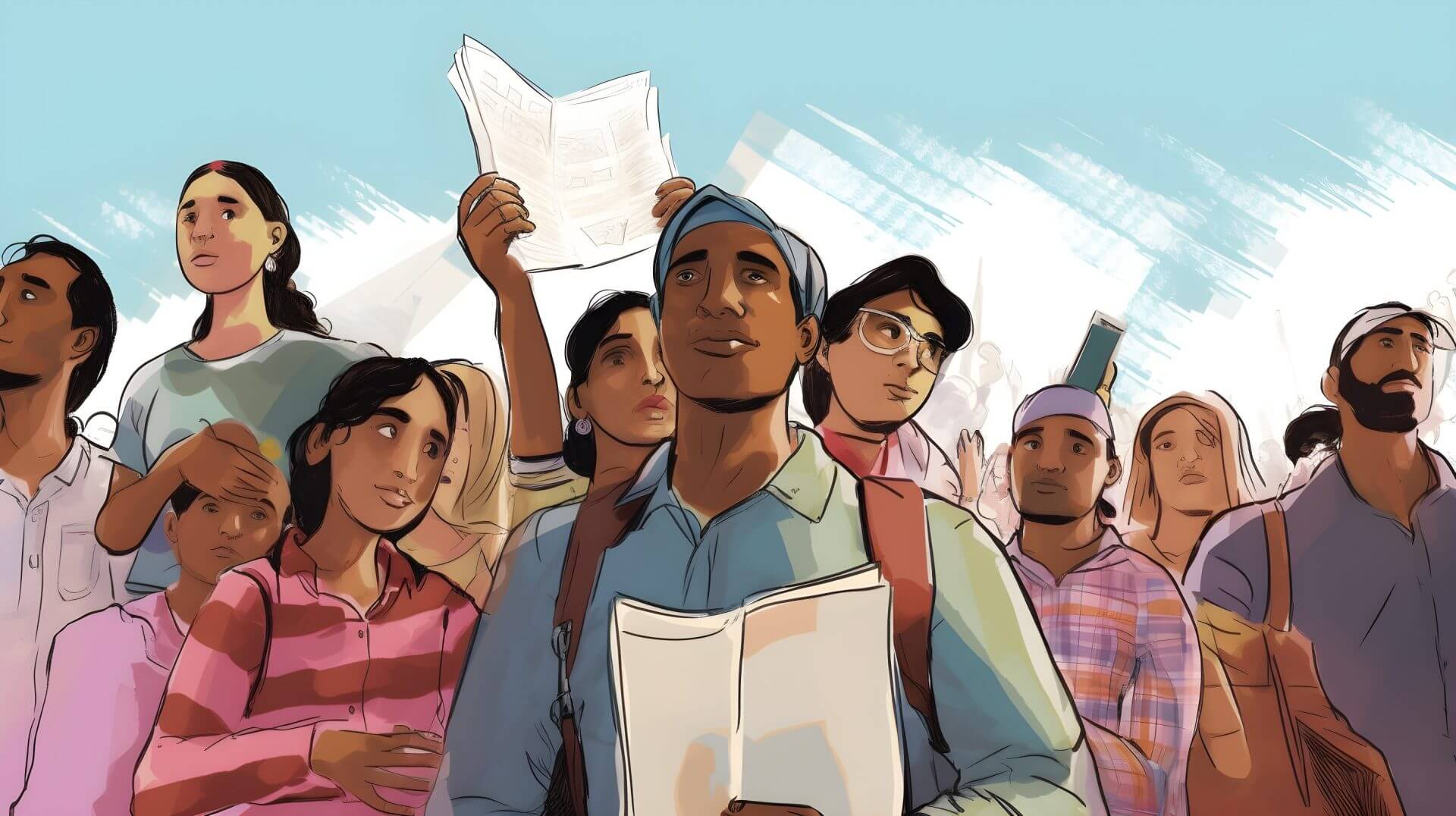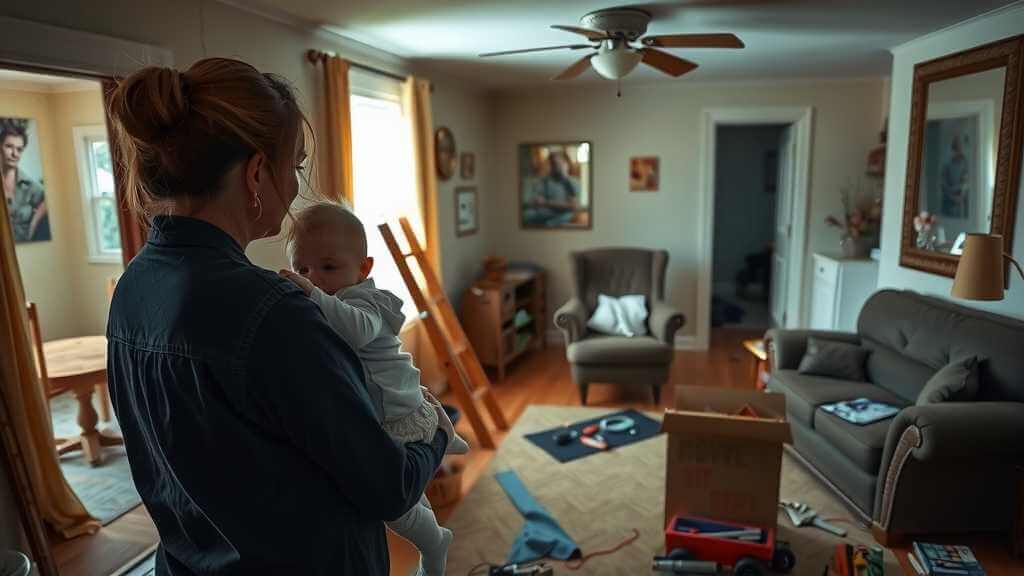Each year thousands of migrants apply for a visa or permanent residency from abroad through the consular process. Now, what exactly is this all about? How is the consular process step by step? Who must go through this process? Today our experts will tell you what you need to know to stay informed.
An immigration process can be extremely stressful and complex, as some mistakes can lead to serious legal problems. Therefore, it is essential to seek the advice of an immigration attorney. At Zava Immigration Law Group we can help you. Contact us and secure your future in the United States.
Table Of Contents
What is consular processing for residency?
The consular process is the procedure through which foreigners outside the country can apply for permanent residence and even some visas. In these cases, applications are processed by the U.S. Department of State (DOS) in conjunction with foreign consulates.

Consular Processing step by step
While the consular process varies depending on the category that best suits your situation, it can be summarized in the following steps:
Step 1: Determine your Basis for Immigration
First, check if you are eligible to apply for a Green Card or a specific visa. To do so, you should review the requirements for each visa and/or the various ways to obtain permanent residency through the Eligibility Categories.
Step 2: File the Immigration Petition
Once you are sure you are eligible, you will need to identify which of the Green Card or visa categories best fits your situation. Remember that the process varies depending on the category of green card or visa you wish to apply for. Therefore, it is best to seek the help of an immigration attorney to guide you.
Step 3: Waiting for a Decision on your Petition
USCIS will notify you of its decision regarding your petition. If denied, you will be informed of the reasons and whether you may appeal. If approved and if outside the United States, USCIS will forward your approved petition to the Department of State’s National Visa Center (NVC).
Step 4: Wait for Notification from NVC
Once received, the NVC will notify both the petitioner and the beneficiary of the receipt of the visa application and all relevant information (immigrant visa number, processing fees, required supporting documentation, etc.).
Step 5: Go to your Appointment
Once a visa is available or the priority date is current, the consular office will schedule an appointment for your interview. The office will review your case and determine if you are eligible for an immigrant visa.
Step 6: Visa Package
Once your immigrant visa is granted, you will receive a Visa Package. It should not be opened. Simply pay the appropriate fees before traveling to the U.S. and, upon arrival, give your Visa Packet to the Customs and Border Protection (CBP) officer at the port of entry. Once the fees are paid, you will receive your green card in the mail.
Please note that the consular process varies depending on the category of green card or visa you wish to apply for. For this reason, it is best to have an immigration lawyer to guide you every step of the way, helping you choose the best option for your case. At Zava Immigration Law Group we can assist you. Tell us about your case and take the first step towards your new life.
Who must go through consular processing?
All migrants outside the United States who are eligible for an immediate relative or family preference visa must go through consular processing or family preference. In the following tables, you will find the eligible family members and their respective categories:
Immediate Relative Visas
| Category | Eligible family members |
| IR1 | Spouse of a U.S. citizen |
| IR2 | Unmarried child under 21 years of age of a U.S. citizen |
| IR3 | Orphan adopted from abroad by a U.S. citizen |
| IR4 | Orphan to be adopted in the U.S. by a U.S. Citizen |
| IR5 | Parent of a U.S. citizen who is at least 21 years of age |
Family Preference Visas
| Category | Eligible family members |
| F1 – First Preference | Unmarried adult sons and daughters (over 21 years of age) of U.S. citizens |
| F2A – Second Preference A | Spouses and unmarried children under 21 years of age of permanent residents |
| F2B – Second Preference B | Unmarried adult sons and daughters of permanent residents |
| F3 – Third Preference | Married sons and daughters of any age of U.S. citizens |
| F4 – Fourth Preference | Brothers and sisters of adult U.S. citizens |
Once the appropriate category is determined, someone must file the family petition on your behalf to initiate consular processing. Therefore, it is best to seek the assistance of an attorney to help you file your application properly. At Zava Immigration Law Group we are here for you. Tell us about your case and be reunited with your loved ones.
Other Visas requiring Consular Processing
The following types of visas may also require consular processing:
- Temporary Worker Visas (H-1B, H-2A, H-2B, H-3, etc.): For those who wish to work temporarily in the United States.
- Student Visas (F-1, M-1): For those who wish to study at an educational institution in the United States.
- Exchange Visas (J-1): For participants in cultural or educational exchange programs, including au pairs, students, teachers, and others.
- Business and Tourist Visas (B-1/B-2): For those who wish to travel to the United States for business (B-1) or for tourism or medical treatment (B-2).
- Fiancé(e) Visas (K-1): For fiancé(e)s of U.S. citizens who wish to travel to the U.S. to marry.
- Temporary Agricultural and Non-Agricultural Work Visas (H-2A/H-2B): For temporary agricultural and non-agricultural workers, respectively.
- Treaty Trader and Treaty Investor Visas (E-1/E-2): For those from countries that have trade agreements with the United States and wish to engage in trade or investment activities.
- Journalist Visas (I): For journalists and media representatives.
- Crew Member Visas (C-1/D): For airline and ship crew members traveling to the United States.
- Religious Visas (R): For those who wish to work in the United States in a religious occupation.
- Business Visas (L-1): For employees of a foreign company who wish to transfer to a U.S. company.
- Humanitarian programs: Both those seeking to enter the United States through refugee/asylee status and applicants for visas for victims of certain crimes (e.g., U and T visas) may require consular processing.
Remember that each of these visas and statuses have their own processes, requirements and documentation. For this reason, the advice of an attorney is extremely important when it comes to filing the right application for your case. At Zava Immigration Law Group we can help you. Talk to a lawyer and take the first step towards your American dream.
What documents should I bring to the interview?
For your consular interview any applicant must present the following documentation:
- Appointment Letter: The Appointment Letter you receive from NVC.
- Passport: Each applicant must present a valid passport valid for at least six months after the date on which he/she intends to enter the United States.
- Photographs: Two identical photographs for each applicant. Photographs must comply with the general requirements for photographs.
- Form DS-260 confirmation page.
- Supporting Documents: Original and certified copies of all documents you have uploaded to the CEAC.
- English translations: If the required English translations for your documents have not been uploaded to the NVC system, you will need to obtain and submit them on the day of your interview. For more information, please refer to the interview preparation instructions from the U.S. embassy or consulate.
Please note that failure to submit all required documents may cause delays or may even result in your visa being denied. Therefore, it is best to seek the advice of an immigration attorney to help you gather the necessary documents. At Zava Immigration Law Group we are here for you. Contact us and let’s get your paperwork in order.
How long does consular processing take?
The consular process can take several months or even years. Also note that, to begin the process, you must first submit a visa or permanent residency application that will be reviewed by consular officials, which has its own processing times.
What is the National Visa Center?
The NVC, or National Visa Center, is the U.S. Department of State entity responsible for handling immigration applications from foreign nationals seeking permanent residency in the United States. This organization is responsible for processing and storing these applications, facilitating the payment of fees, storing the documentation collected, and scheduling interviews for applicants.
What happens if I cannot attend my interview?
If you are unable to attend the scheduled consular interview, you should immediately notify the U.S. embassy or consulate. Failure to do so within one year of receiving your Appointment Letter will result in termination of your case and cancellation of your visa application. On the other hand, the fees paid will not be reimbursed.
What happens if my application is rejected during consular processing?
If your application is rejected during consular processing, the consular officer will notify you. In these cases, you may be asked to provide additional documentation or information, or you may be told whether you have the right to appeal the decision or obtain a waiver of inadmissibility.

However, the appeals process can be complicated and time-consuming. Therefore, it is best to consult with an experienced immigration attorney before taking any action. At Zava Immigration Law Group we can help you. Tell us your case and let’s defend your rights together.
Consular Processing with professional assistance
As we have seen, the consular process is an excellent way to apply for residency and some types of visas for foreign nationals living outside the United States. However, the process can be complex, as the requirements, documentation and processing times vary depending on the type of visa and/or the corresponding residency category.
Therefore, it is important to seek the help of an attorney to guide you before taking any action. At Zava Immigration Law Group our team is here to help you. Contact us today and get the quality legal advice and guidance you need.
Sources
Other Resources
How To Start On The Road To U.S. Citizenship
Form N-400: Road To Citizenship
How to Apply for Permanent Residency for a Family Member, Step by Step
Wife To Husband Family Petition: Complete Guide To 2024
I-130 Family Petition: What You Should Know
How To Cancel An I-130 Petition Step By Step
Exploring the Different Categories of Family Residency in the U.S.
Sibling-To-Sibling Petition: Requirements, Steps And More
Consular Interview For Residency: Everything You Need To Know






